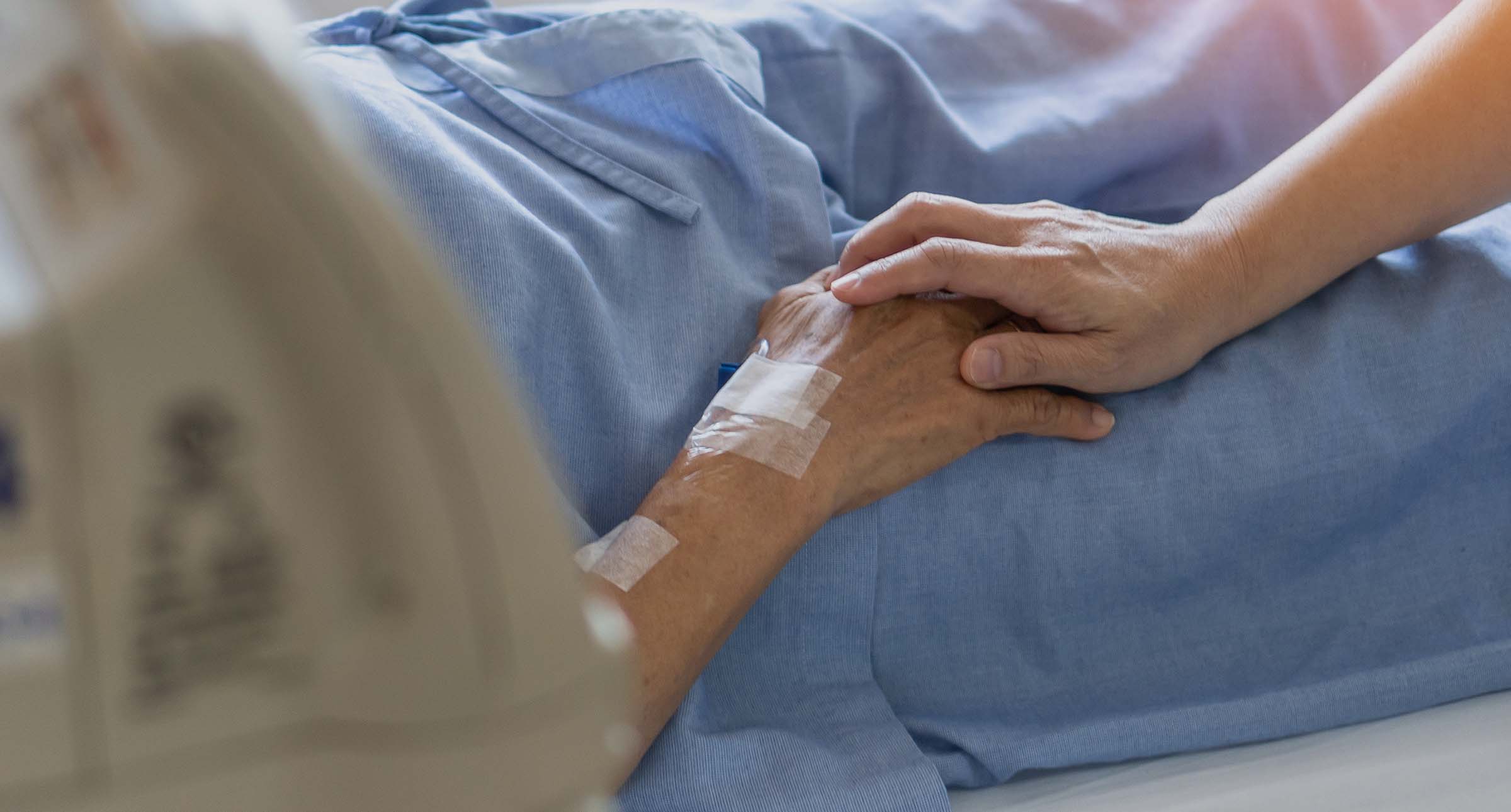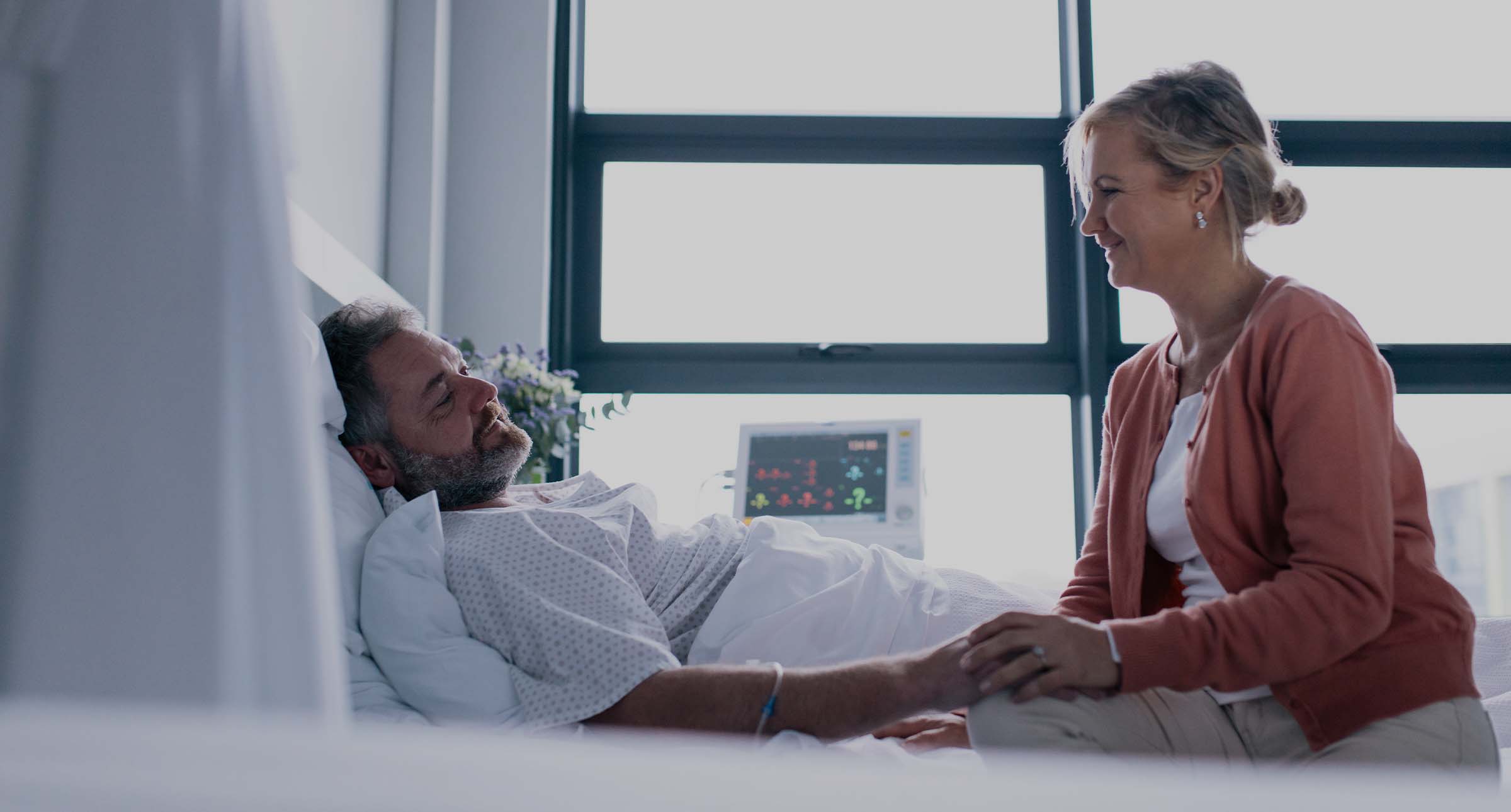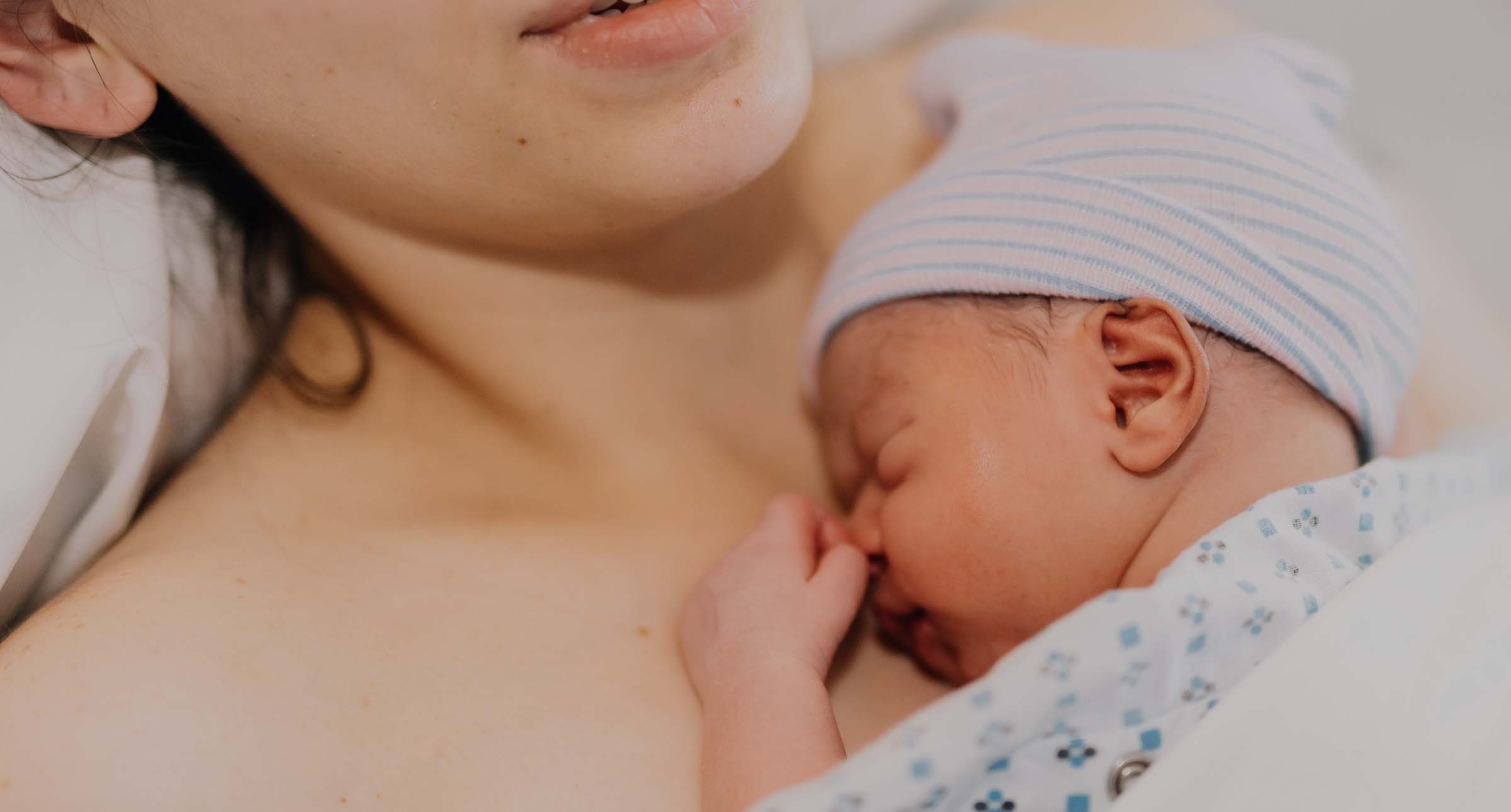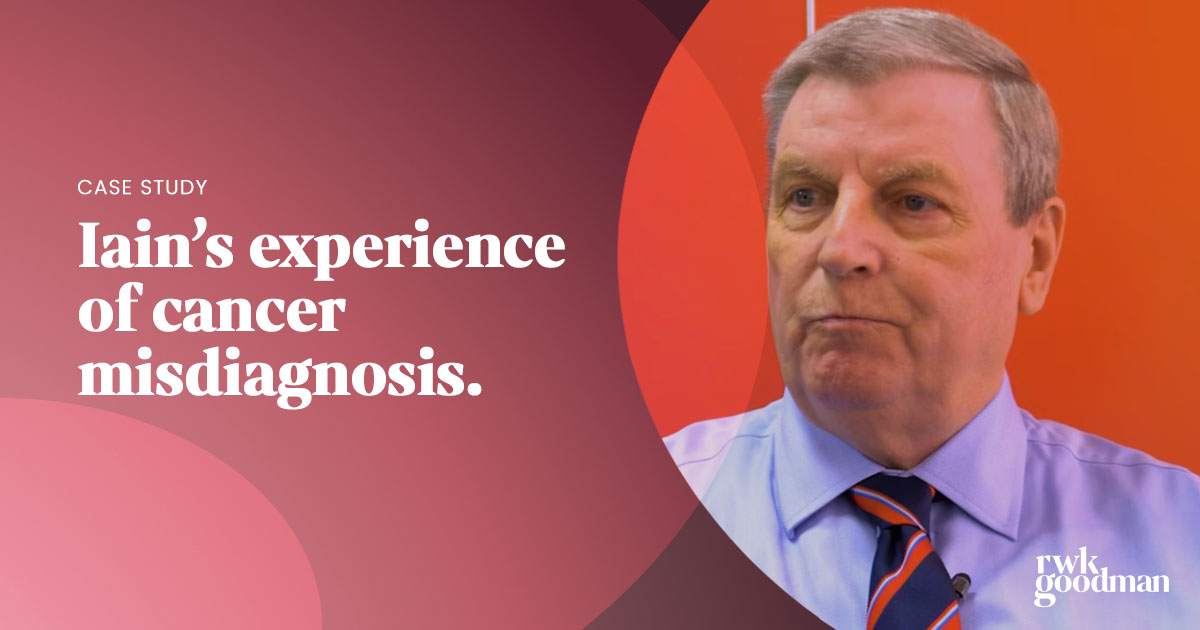Ovarian hyperstimulation syndrome – what you need to know and when you can claim.

Here we explain what Ovarian Hyperstimulation Syndrome (OHSS) is and what you can do if you have experienced OHSS during fertility treatment, including making a claim for compensation.
What is Ovarian Hyperstimulation Syndrome?
OHSS is a complication of fertility treatment where the body amplifies the response to the fertility medicine taken to stimulate egg production. It most commonly occurs to women undergoing IVF treatment to conceive.
During OHSS the body responds by overdeveloping the number of eggs in the ovaries which then become large and painful, and can be very serious.
What are the signs of OHSS?
OHSS is categorised into mild, moderate, or severe depending on the symptoms experienced.
The most common symptoms of OHSS are abdominal swelling or bloating, abdominal discomfort, and nausea. Symptoms usually develop in the week after egg collection.
Unfortunately, some patients experience additional more severe symptoms including:
- worsening abdominal discomfort, bloating/swelling, or nausea;
- weight gain;
- abdominal pain;
- loose stool;
- dehydration;
- passing low levels of urine;
- shortness of breath;
- chest pain;
- redness or tenderness in legs.
OHSS can be a dangerous condition. So if you are experiencing any of the above symptoms, you should contact your health professional as soon as possible. While extremely rare, there are recorded instances of deaths resulting from OHSS.
Generally, symptoms take a few weeks to resolve depending on severity, and there are usually no long-term complications to you or your baby. Symptoms are usually addressed by restarting your treatment cycle with a lower dose or a change in medication.
In some circumstances however, OHSS can cause long-term complications. Blood clots (thrombosis) are reported in a small percentage of reported cases of OHSS. It is usually addressed through the prescription of blood thinners which your health professional will provide further advice on.
In rare cases, women can experience ovarian torsion as a result of OHSS. This is when the overstimulated ovary twists on itself, resulting in it cutting off the blood supply. Surgery is often required to correct the twisted ovary.
Fertility treatment can be a challenging process as it is, and development of OHSS can mean that a course of treatment has to be abandoned which can be really distressing as well as a significant financial expense. Some women feel unable to resume fertility treatment after severe OHSS.
Making a claim for Ovarian Hyperstimulation Syndrome
Thankfully most women receive IVF or ovarian stimulation treatment without any adverse reaction. For some though, OHSS is the result of an error on the part of the treating team.
If you’ve experienced OHSS, you may have a claim if:
- a particular regime of IVF is recommended when it isn’t suitable for you based on your medical history;
- a medication is prescribed without you being fully informed about its possible side effects;
- a trigger medication (such as Ovitrelle) is prescribed to you which you’ve previously shown a reaction to during an earlier course of IVF;
- the medication is prescribed to you in too high a dose or for too long;
- your symptoms aren’t dealt with quickly when you first raise them.
If you feel you may have suffered complications as a result of substandard fertility treatment, our expert medical negligence solicitors can help you to investigate what happened.
What can I claim for after OHSS?
The goal of a clinical negligence claim is to put you back in the position you would have been in had the negligent treatment not occurred, as far as is reasonably possibly.
In a claim for negligent fertility treatment leading to OHSS, a claimant may typically receive compensation for:
- pain and suffering;
- refunding treatment costs if the IVF cycle needed to be abandoned;
- costs for counselling or other therapy if recommended to support you after the negligence;
- loss of earnings;
- additional travel and miscellaneous expenses for further treatment.
When should I seek legal advice?
In clinical negligence claims, it is important that you are aware of the date by which you must bring a claim, known as limitation. Claims for clinical negligence have a strict three year limitation. This time limit begins from the date the injury occurred or the date at which you had knowledge of the injury. Failing to do this may render your claim ‘statute barred’ and prevent you from bringing a claim altogether.
On receiving your instructions, we will be able to provide you with more detail of the appropriate dates for limitation in your case. We will carefully consider this and keep abreast of this deadline to ensure it is not missed.
Contact our enquiries team to find out if our legal experts can help you claim compensation.
Call now






